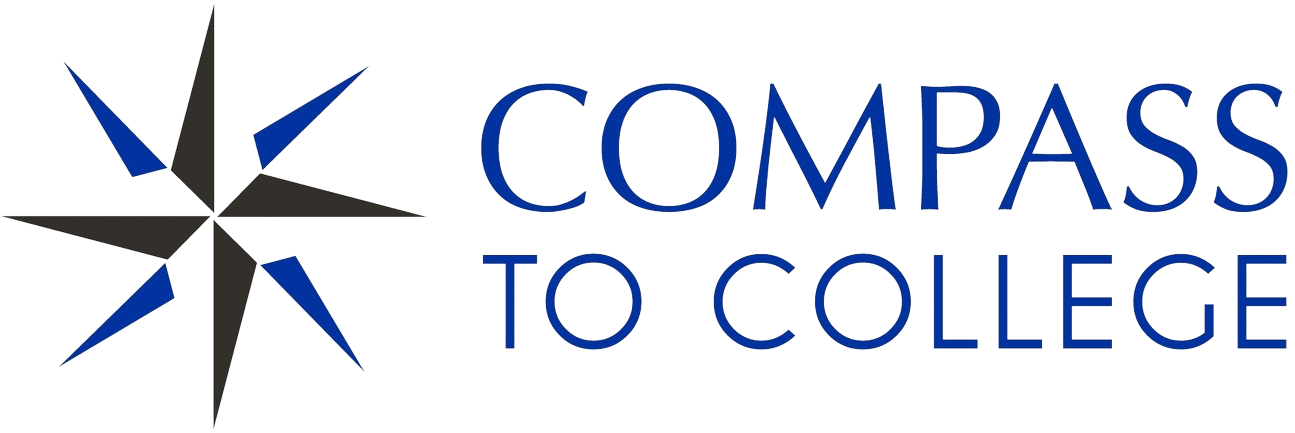Finding Your Purpose in High School
By Daniela Reichelstein
One of the most rewarding experiences for any high school student is to build self-knowledge and ultimately find a purpose for one’s life. Yet, achieving such a feat may be more difficult than one might think. The goal of this blog post is to explain the why behind the idea of living with purpose and to break down this quest into digestible morsels.
The Theory Behind Living with Purpose
Why is it valuable for youth to consider and formulate a life purpose? Dr. William Damon, Professor of Education and Director of the Stanford Center on Adolescence, sheds light on this topic in one of his books, “The Path to Purpose”. Dr. Damon points out that psychological studies have established “a powerful link between the pursuit of a positive purpose and life satisfaction.” In fact, pursuing a clear purpose may result in reaping “a number of emotional benefits, such as self-confidence, optimism, gratitude and a deep sense of personal fulfillment.”
So, what exactly does a “life purpose” mean? Dr. Damon notes that purpose “implies a desire to make a difference in the world, perhaps to contribute something to others, or create something new, or accomplish something of one’s own.” Dr. Damon insightfully observes that “forging a personal identity helps develop a purpose,” and that “one sure route to identity formation is to fashion a theory about the self based upon a systematic set of one’s own values and beliefs.” Yet, a purpose should not only align with one’s values and beliefs but should also reflect one’s own abilities.
Thus, anyone contemplating a life purpose may benefit from identifying a pursuit that (1) you personally enjoy and find intriguing; (2) aligns with your values; and (3) utilizes your unique talents. Finding a purpose really goes much deeper than meeting one’s short-term goals of, say, getting a 5 on the AP Biology exam or getting into a certain college. Rather, finding a purpose will enable a student to meld their academic strengths and aptitudes with what they love to do in order to contribute to the world in a way that’s meaningful to them.
In the context of college admissions, it’s important that you’re not pursuing the “A” grade or a particular extracurricular activity just to get into a top tier college. Instead, try pursuing academics and extracurriculars with an eye to what genuinely motivates you and reflects your ultimate purpose. By being authentic, your college application will capture the attention of the school that epitomizes the best fit for you and your interests.
With a love of the great outdoors, this student is conducting field research in environmental science documenting the presence of an invasive species.
Get Curious: Acquire Self-Knowledge by Exploring Your Passions, Values and Strengths
Getting started on your journey to forging a purpose may feel daunting. It’s best to begin by cultivating an awareness of your personal interests, values and academic strengths―keep a list that you can add to as your self-knowledge flourishes. Are you passionate about fashion? Would you describe a concern for the environment as one of your values? Do you have an aptitude for business and entrepreneurship? Then add all of those points to the list! Perhaps a career in the sustainable fashion industry will entice you one day.
As you create this list, dig deep and ask yourself broader questions, such as what types of societal problems you want to address and what talents you can employ to help solve those problems. Finally, keep in mind that there are numerous facets of one’s life where one might find purpose, including career, academics, athletics, arts, community service, social activism, family and faith/spirituality.
Feeling a bit perplexed? Consider taking an aptitude/career assessment and gain additional insight into both your interests and skills to place possible future paths on your radar screen. For example, the YouScience Interest-Talent Assessment aptly pairs your talents with your interests to propose viable career options. The Polygence Pathfinders program goes a step further by allowing students to engage with three academic/industry experts to learn much more about three fields of their choice.
A “working hypothesis” about becoming a lawyer in civil or environmental law led this student to engage in activism for the social issues she cares about.
Dive in: Pursue Relevant Experiential Learning Opportunities
The only way to find the perfect fitting shoes―whether it be for running or a fancy occasion―is to try on several pairs. This analogy applies to selecting and developing your purpose. You should actively seek out opportunities to learn more about fields in which your potential purpose lies and how you can utilize your strengths to make meaningful contributions.
To that end, do your homework. Review the list of interests, values and strengths that you started, along with the results of any career/aptitude assessments that you completed. Then, cultivate relevant relationships with supportive mentors, such as teachers, athletic coaches and family friends. They may be able to answer your questions about various pursuits and point you in the right direction. Read books and articles, listen to podcasts, view documentaries and take online classes on subjects that captivate you. Sample after-school activities, such as athletic teams, school clubs and musical groups. Volunteer your time to support causes you care about.
Talking earnestly with your parents, teachers and other mentors about your skills and interests can help you start to frame ideas of what impact you could make in the world.
Then, deepen your involvement in a way that aligns with your newfound self-knowledge. Apply to relevant summer programs (read this to learn about free or low-cost summer programs), internships and research opportunities. Launch a unique initiative that will enable you to delve into a topic of your choice that you find compelling. Involvement in such experiential opportunities will put you on the path to acquiring self-knowledge in a tangible way, and ultimately to defining a coherent purpose for your life.
As far as applying to college goes, the earlier you build self-knowledge, the better. You’ll be able to pursue meaningful extracurriculars early on in high school that align with your overarching purpose. Additionally, you’ll feel confident when it comes time to select your desired college major and have better direction about why specific curriculum and programs at different universities would help you reach your goals. As you work toward identifying and fulfilling your purpose in high school, the interests reflected in your college applications will appear to be cohesive. In other words, the extracurricular activities and essay topics in your applications will effectively point admissions officers to a robust vision for your future.
In any event, building self-knowledge and considering your purpose early in life will set you up for a stimulating and meaningful future.



